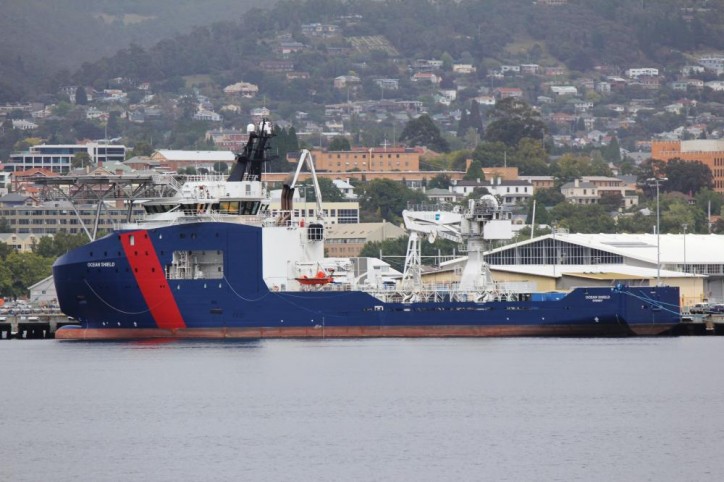It seems Japan get 8 submarine, SA get 9 frigate, NSW get 12 OPV and Victoria get none. Victoria doesn't have Olympic Dam, their oil refinery is closing, is also suffering from the downfall of car industry and closure of shipyard, and strangely no one cares about jobless in Victoria. And yet, SA say they can't survive without a 12 SSK contract.
Victoria nervously waits for decision on naval shipyards | afr.com
For those without a subscription to the AFR
Victoria nervously waits for decision on Naval Shipyards
by Phillip Coorey Lucille Keen
The Victorian government, the federal opposition, unions and the shipbuilding industry are anxiously seeking reassurances from the Abbott government amid speculation that the bulk of Australia's industry will be concentrated primarily in Adelaide.
The government declined to comment on Thursday on a report in The Australian Financial Review that the soon-to-be released Defence white paper could create an uncertain future for shipbuilding in Melbourne and Newcastle because the government will overhaul the industry.
Victorian Industry Minister Lily D'Ambrosio said the 800 workers at the Williamtown shipyards, owned by BAE Systems Australia, faced a "very, very bleak future" unless the federal government put more work their way.
She called on Defence Minister Kevin Andrews to end the suspense and detail the government's shipbuilding strategy.
"We have a federal defence minister who is a Victorian who couldn't care less about the fate of the highly skilled workforce, 800 people and their families, who look at grave risk of losing their jobs," she said.
The government plans to replace Australia's naval fleet – ships, submarines and patrol boats – in the next 2½ decades.
Sources familiar with the white paper say it will reduce from 12 to eight the number of new submarines which are most likely to be bought from Japan. To assuage anger in Adelaide, which was promised the subs project, nine frigates could be built at the ASC shipbuilding yard there.
Forgacs, which owns the Newcastle shipyards, has tendered to construct up to 12 offshore patrol boats and is awaiting the government's decision.
Labor's defence spokesman, Stephen Conroy, said if the number of subs was cut from 12 to eight, it would "call into question the viability of a continuous submarine build and risks the Royal Australian Navy being unable to meet future operational, maintenance and training requirements".
"It's time for Mr Abbott to end the uncertainty, keep his government's promises, and come clean about his plans for Australia's Defence Force and our local defence industry."
The report revealed that Mr Abbott's pledge to boost defence spending to 2 per cent of GDP by 2023-24 risked blowing out the return to surplus beyond the planned date of 2021.
The government has to spend between $14 billion and $16 billion by 2023-24 to meet the GDP target and the Defence Department has told it that the only way that it can spend it is if projects are brought forward now. But this would jeopardise the planned return to surplus.
Mr Andrews said Labor in government had drastically cut back defence spending and allowed shipbuilding to languish. He challenged it to meet the 2 per cent of GDP commitment "or will they do as they did when they were in government and rip apart the Defence budget?"
Australian Manufacturing Workers' Union assistant national secretary Glenn Thompson said he feared a politically motivated decision which would leave Adelaide as the only shipbuilding yard. "This is short-sighted to shore up votes in South Australia," he said.
Mr Thompson said he held grave concerns that if the government followed this path, the Adelaide yard could face capacity issues that would prompt government to claim shipbuilding in Australia was impossible and the sector would move to only doing fit-outs and conditioning of vessels.

